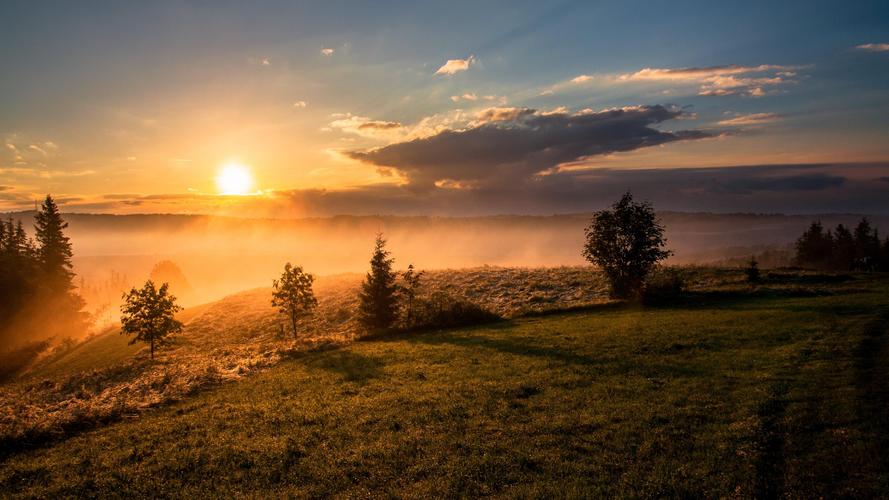Oshiwambo culture is one of the richest cultures in Namibia. With over 50% of the population in Namibia identifying as Oshiwambo, it’s no wonder their cultural norms continue to shape the country.
The Oshiwambo people are found mostly in the northern regions of Namibia, and their culture is characterized by a strong sense of community, unity, and respect for elders. Oshiwambo cultural norms are key to understanding their way of life and their unique worldviews.
One of the most distinctive Oshiwambo cultural norms is their greeting culture. When Oshiwambo people meet, they not only exchange simple greetings but also ask about each other’s family, health, and wellbeing. They believe that a simple greeting can go a long way in establishing a good relationship.
This cultural norm also extends to the way they show respect for their elders. The Oshiwambo believe that the elderly are a crucial part of their society, and they should be given respect and honor at all times. This is evident in the Oshiwambo tradition of kneeling or bowing down when addressing elderly people.
Another interesting Oshiwambo cultural norm is their food culture. The Oshiwambo people love to eat and have unique traditional dishes that make their culture stand out. For example, the Oshiwambo people enjoy a dish called “oshifima,” which is a thick porridge made from mahangu (pearl millet) flour. They also have a dish called “eeshima,” which is similar to oshifima but made from maize flour.
Moreover, the Oshiwambo have a distinct music and dance culture. They have a unique musical instrument called the “omuhiva,” which is a thumb piano used in their traditional music. They also have a dance called the “ohangwena,” which is a fast-paced and energetic dance that often features groups of people.
In conclusion, the richness of Oshiwambo cultural norms is evident in the way they live, communicate, and relate to one another. Their way of life is unique and is a representation of the cultural diversity found in Namibia. Understanding their cultural norms and practices is crucial in appreciating and valuing their contributions to the Namibian society.
(Note: Do you have knowledge or insights to share? Unlock new opportunities and expand your reach by joining our authors team. Click Registration to join us and share your expertise with our readers.)
Speech tips:
Please note that any statements involving politics will not be approved.
